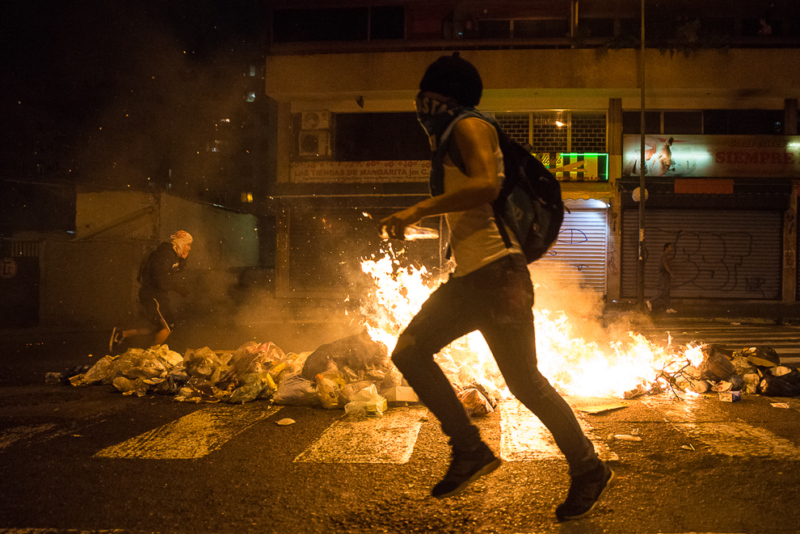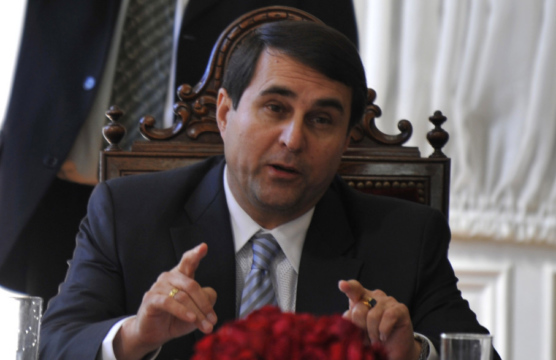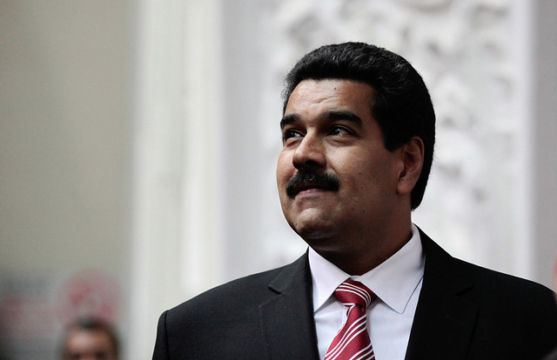Rising Brazil: The Choices Of A New Global Power
What should we expect from a newly powerful Brazil? Does the country have the capacity and leadership to be a central actor in addressing critical global and regional problems?
Venezuela is in critical condition, suffering simultaneously from economic catastrophe, growing social unrest, looting, violence, and rampant crime. The political opposition has long recognized the gravity of the country’s problems. Now, at long last, the chavista government itself appears to be following suit. Last month, after President Nicolás Maduro’s appointed Gen. Vladimir Padrino López to a “superminister” post, with sweeping powers to oversee supplies of food and other basic goods, the general noted succinctly:
The organized political opposition, the Mesa de Unidad Nacional (MUD), won a major electoral victory in last December’s elections, winning more than two-thirds of parliamentary seats (although less than 60 percent of the popular vote). But this remarkable victory turned out to be largely symbolic, as Maduro’s government has checkmated the legislature’s initiatives and threatened to close it down.
What should we expect from a newly powerful Brazil? Does the country have the capacity and leadership to be a central actor in addressing critical global and regional problems?
With no access to the sea and just a fraction of the continent’s economic output, Paraguay will have to play by its neighbors’ rules for the time being.
Might Maduro be forced out of office before his term is scheduled to expire in 2019?
 Marquinam / Flickr / CC BY-NC-ND 2.0
Marquinam / Flickr / CC BY-NC-ND 2.0

